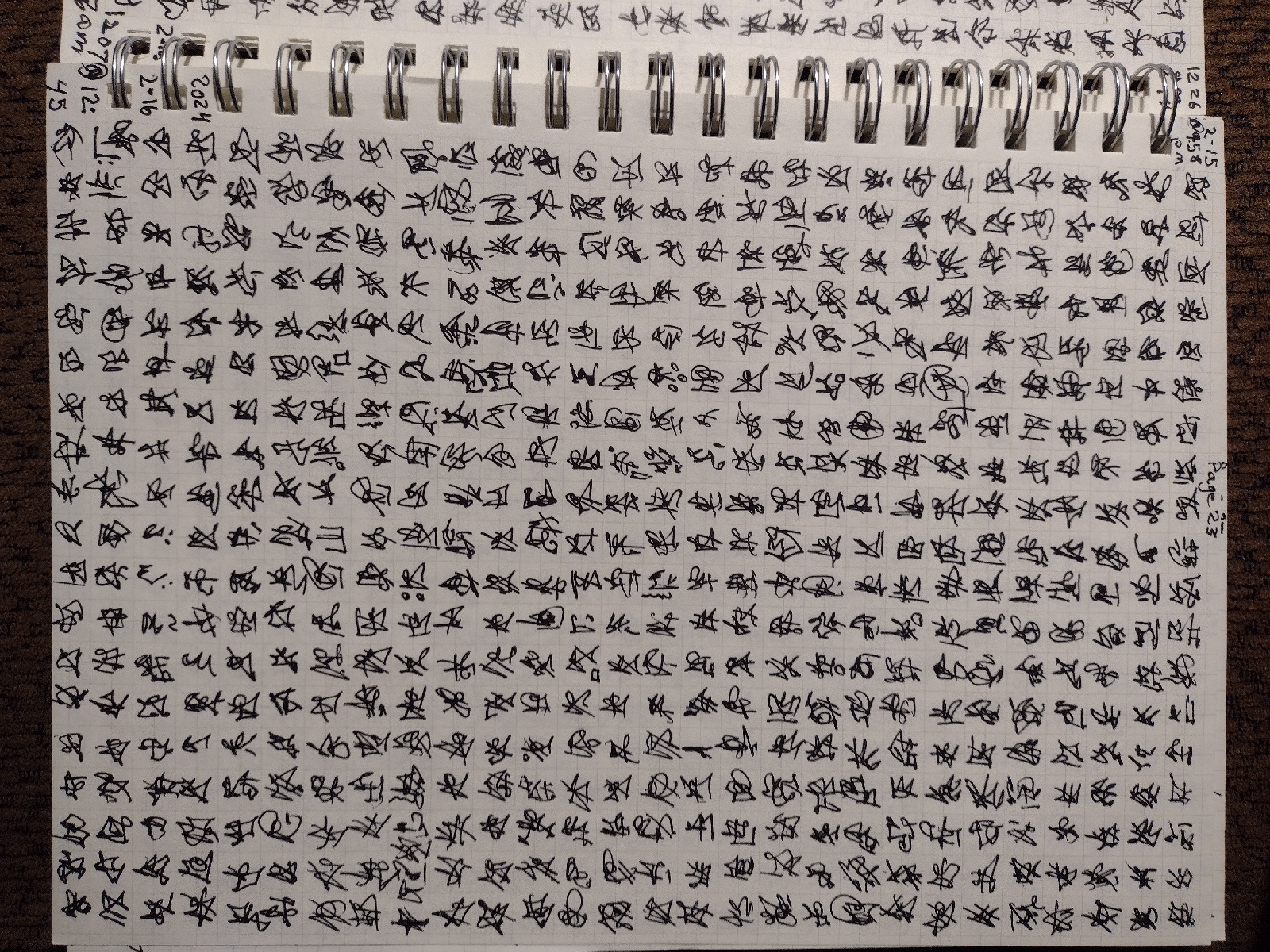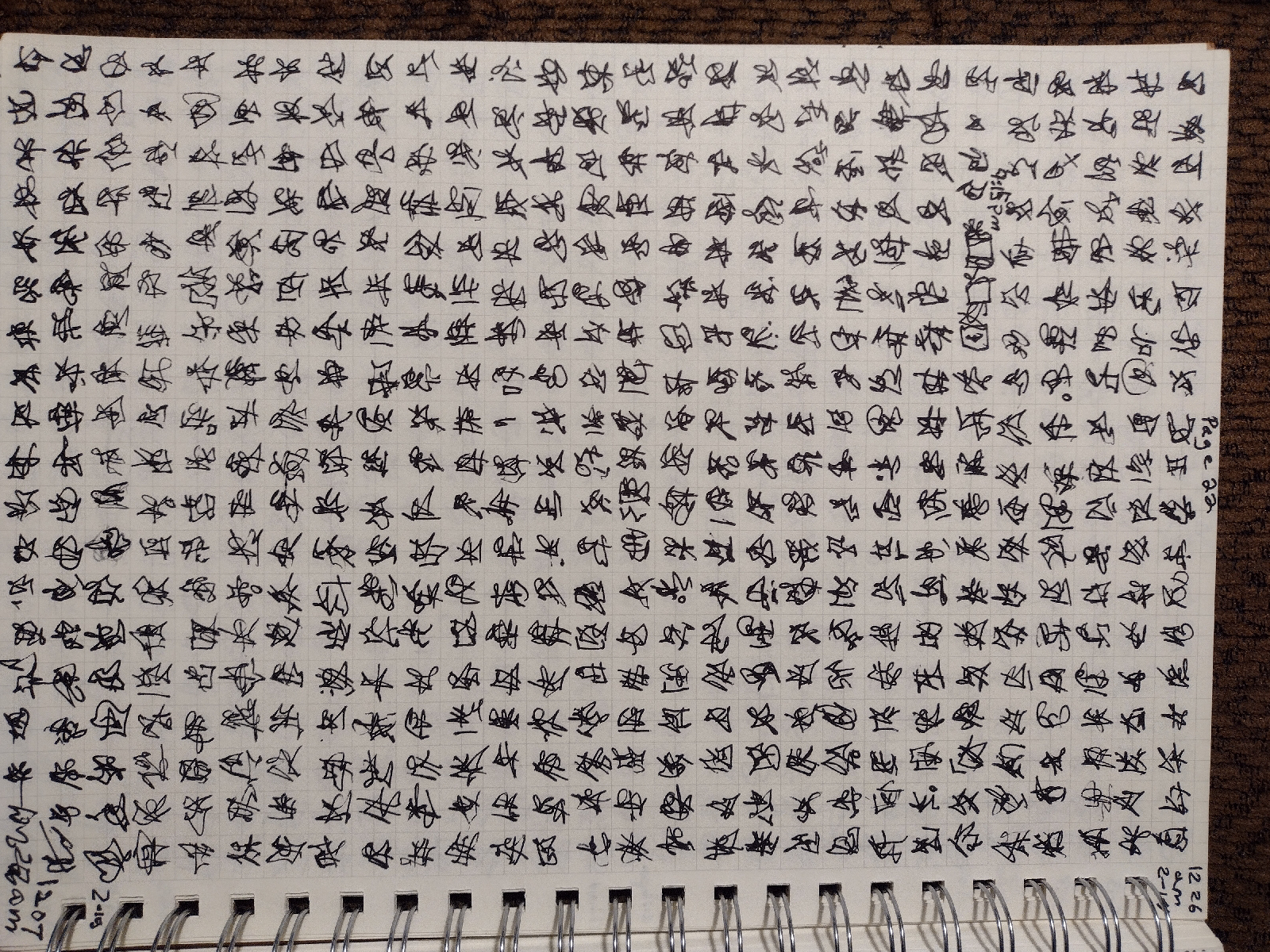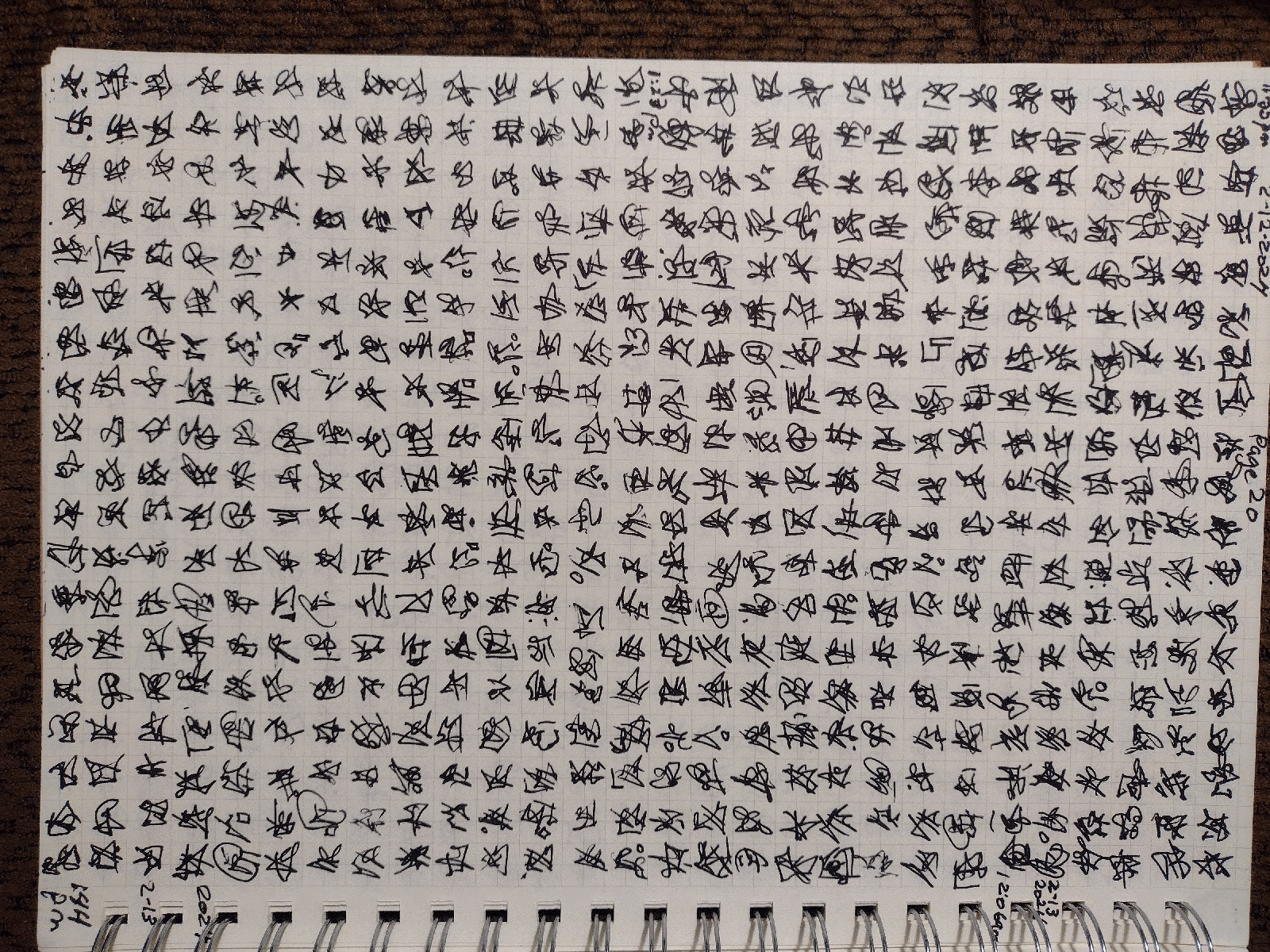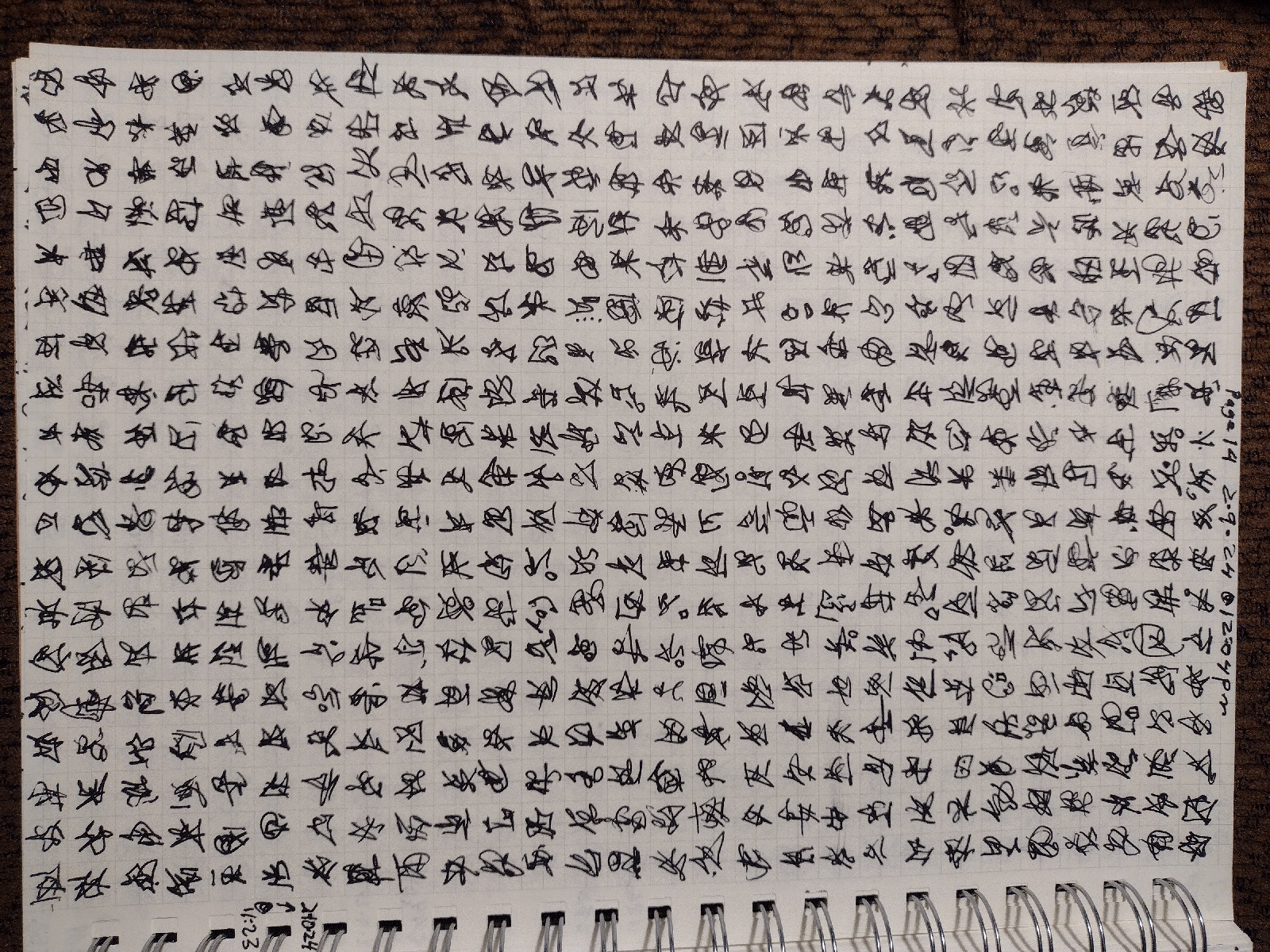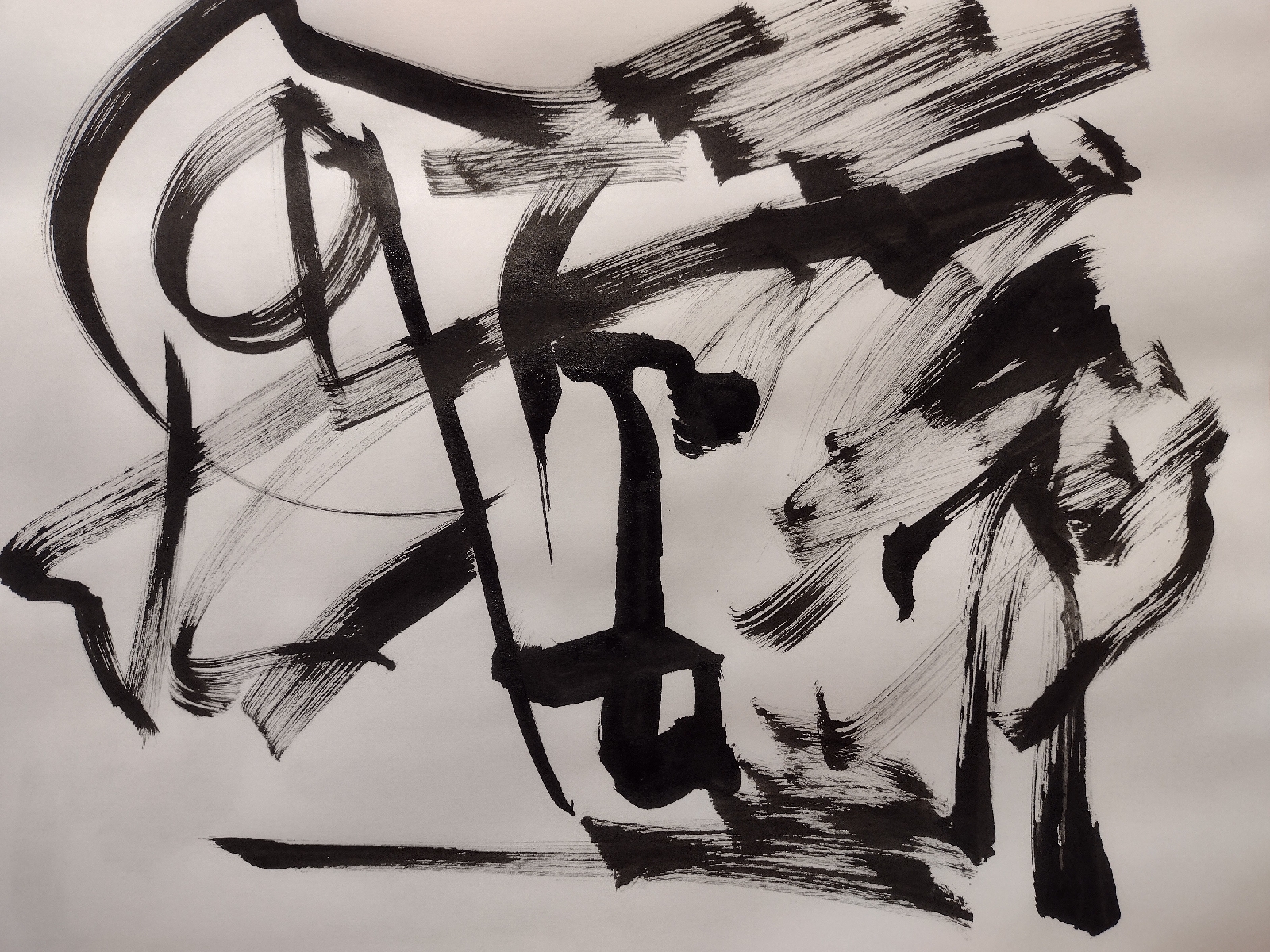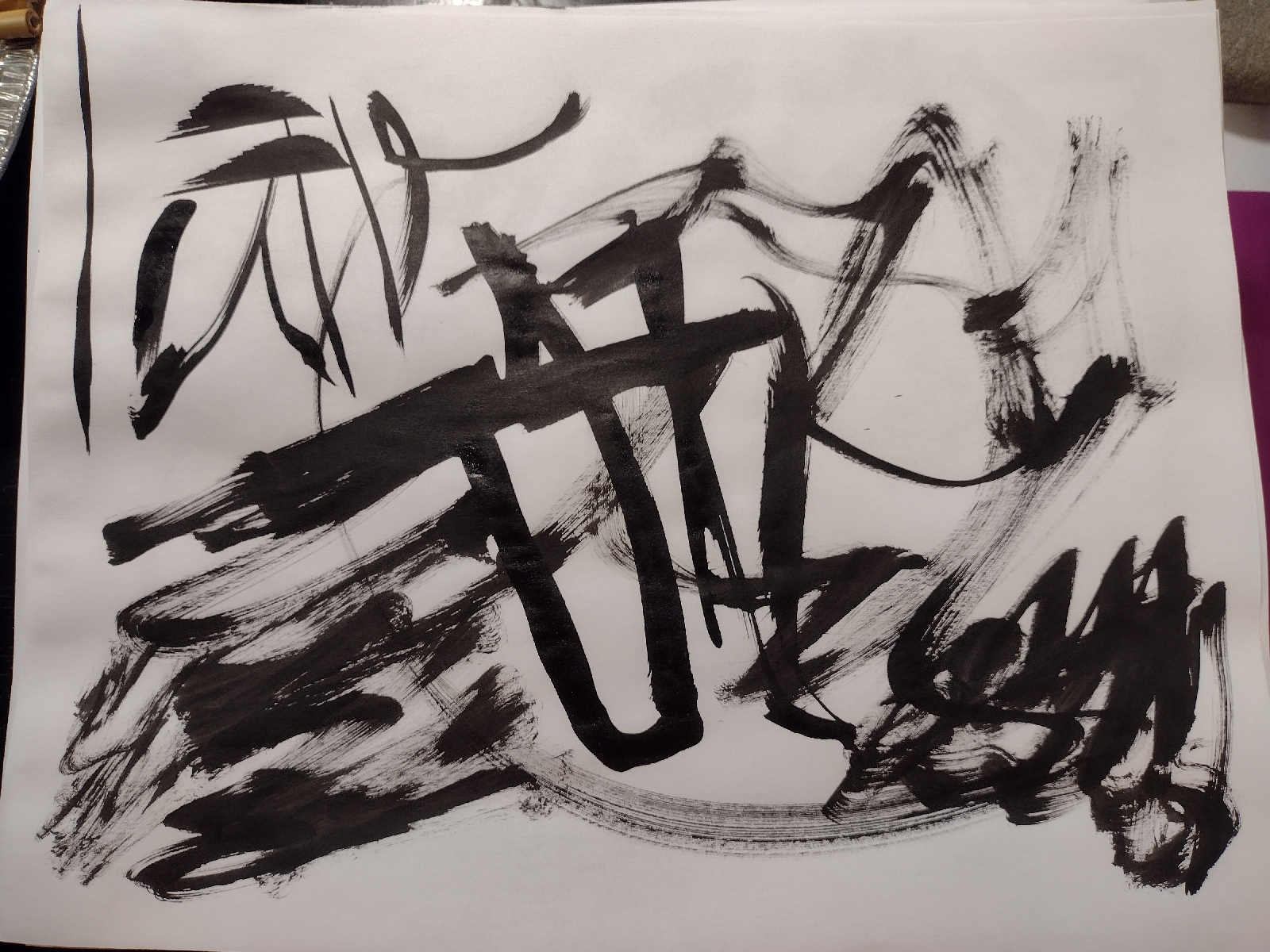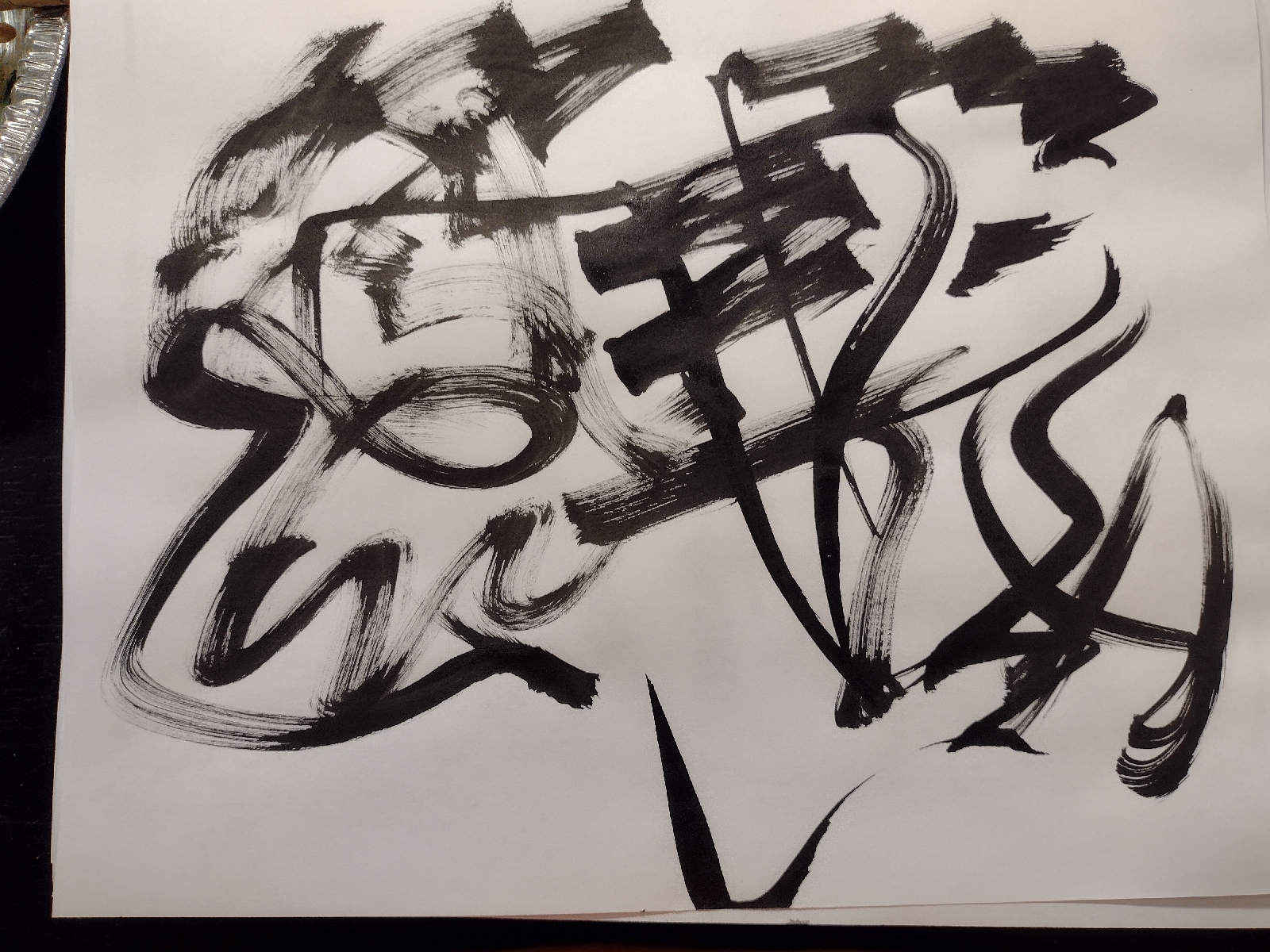Saturday, July 20, 2024
seems like the entire organism is in the first to arrive. My spirit is aligned with the nature of the ultimate reality. As such, I can hear voices and sounds in my head from outside our solar system or even echoes from my ancestors from the past. These hyperreal experiences assist and guide me in all I do. I admit that I can pay more attention to these guiding words and sounds.., also my feelings are confusing me when I don't feel all of them fully. 😢I am not nothing and unimportant in my life.I am the whisper of love in my ears.I am not an unreal absurd meaningless person.I am the whisper of love I hear about me.I am not a lazy waste of a human being.I am the song of love whispered to me here.I am not an uncaring hateful freak.I am singing songs of love to be free.I am not an ignorant stupid dope of me.I am music and my song loves to be.. heard.I am not hurtful mean and unkind to myself.I have compassion and love for who I am.I am not reckless and crazy in what I do.I am intentional exact and precise with all I do.I am not failing wrong and broken today.I am free happy and successful right now.I am not a loser forgotten in the garbage dump.I am beautiful, loving this life I have in me.Page 43-2 2020☑ Entry 3: Journal I ourney: REVELATION:1. Listen to my Life: know that myPathright will reveal itself. f]] ENTRY 4 : Clearing3-25-20201- Clear the Clutter: Remove all un necessary things and Free one sel F. Be free Be Well-2.-Theow Out what I don't wed get Not rid of everything that does or make improvermarts CLEARING3-26-2020 To Transform worrisome Thoughts To Be aware of all the wo worries possible Do Something Positive!possible things include Prayer Meditation Chanting Positive actions.
Saturday, March 9, 2024
Thursday, February 29, 2024
Sunday, January 14, 2024
anesthesiaperception which he may use for the careful observation of nature, or in his power of intellectual intuition which he may use to distinguish truth from falsehood by refusing to accept any idea which is not clearly and distinctly perceived by the intellect. ____________________ 2See my first motto to this Introduction, taken from Spinoza short treatise Of God, Man, and Human Happiness, ch. 15. Parallel passages are: Ethics, ii, scholium to propos. 42 ('Indeed, as light manifests itself and darkness, so with truth: it is its own standard, and that of falsity.'); De intellectus emendatione, 35, 36; and letter 74, end of paragraph 7. -5- Man can know: thus he can be free. This is the formula which explains the link between epistemological optimism and the ideas of liberalism. This link is paralleled by the opposite link. Disbelief in the power of human reason, in man's power to discern the truth, is almost invariably linked with distrust of man. Thus epistemological pessimism is linked, historically, with a doctrine of human depravity, and it tends to lead to the demand for the establishment of powerful traditions and the entrenchment of a powerful authority which would save man from his folly and his wickedness. (There is a striking sketch of this theory of authoritarianism, and a picture of the burden carried by those in authority, in the story of The Grand Inquisitor in Dostoievsky's The Brothers Karamazov.) The contrast between epistemological pessimism and optimism may be said to be fundamentally the same as that between epistemological traditionalism and rationalism. (I am using the latter term in its wider sense in which it is opposed to irrationalism, and in which it covers not only Cartesian intellectualism but empiricism also.) For we can interpret traditionalism as the belief that, in the absence of an objective and discernible truth, we are faced with the choice between accepting the authority of tradition, and chaos; while rationalism has, of course, always claimed the right of reason and of empirical science to criticize, and to reject, any tradition, and any authority, as being based on sheer unreason or prejudice or accident. IV It is a disturbing fact that even an abstract study like pure epistemology is not as pure as one might think (and as Aristotle believed) but that its ideas may, to a large extent, be motivated and unconsciously inspired by political hopes and by Utopian dreams. This should be a warning to the epistemologist. What can he do about it? As an epistemologist I have only one interest--to find out the truth about the problems of epistemology, whether or not this truth fits in with my political ideas. But am I not liable to be influenced, unconsciously, by my political hopes and beliefs? It so happens that I am not only an empiricist and a rationalist of sorts but also a liberal (in the English sense of this term); but just because I am a liberal, I feel that few things are more important for a liberal than to submit the various theories of liberalism to a searching critical examination. While I was engaged in a critical examination of this kind I discovered the part played by certain epistemologically
Subscribe to:
Comments (Atom)





